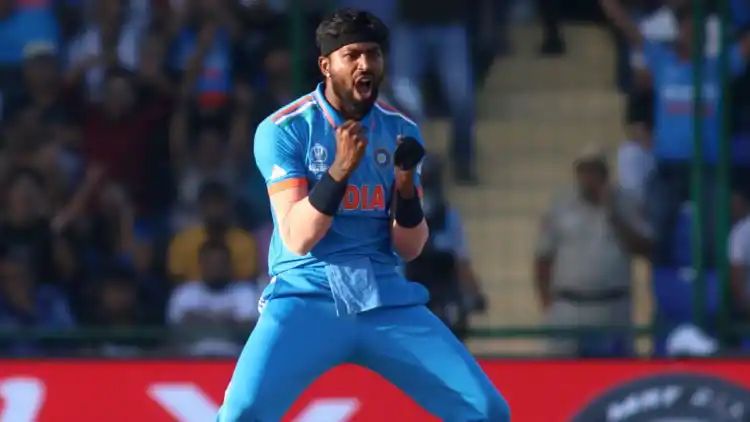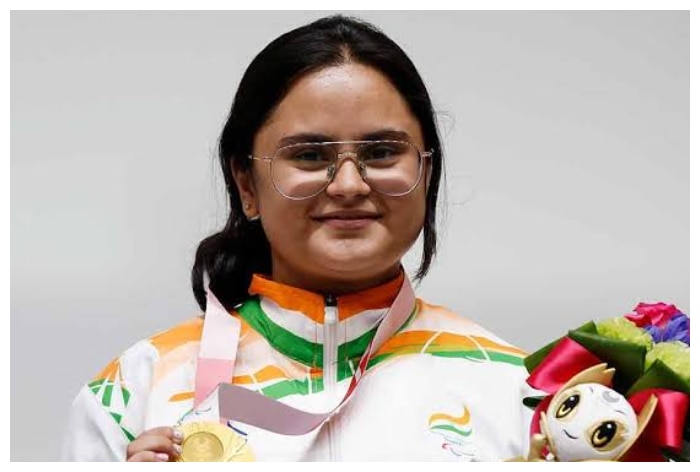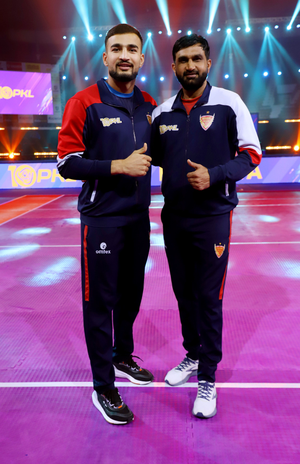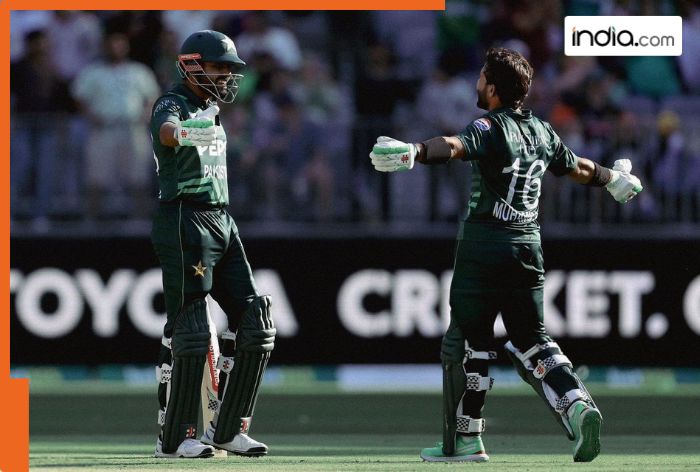BCCI Forcing IPL Stars Back To Ranji Trophy: Why Hardik Pandya Is An Exception?

The Board of Control for Cricket in India (BCCI) is actively exploring reforms designed to mitigate the overshadowing impact of the Indian Premier League (IPL) on first-class cricket.
This comes in the wake of growing concerns within cricketing circles over the inclination of players, exemplified by Ishan Kishan, to opt out of first-class matches. The reluctance of these players to engage in the longer format of the game has sparked a broad debate among cricket aficionados and experts alike.
The Hardik Pandya Exception
The BCCI has acknowledged the unique situation of Hardik Pandya, whose physical condition precludes him from enduring the rigours associated with red-ball cricket. An official from the BCCI clarified, “Understanding Hardik Pandya’s situation is crucial as his body is not suited for the demands of red-ball cricket.”
This acknowledgement underscores the board’s intent to maintain Pandya’s fitness for pivotal International Cricket Council (ICC) tournaments, despite his absence from the Test cricket scene.
Addressing the Trend Among Young Players
However, the board’s concerns extend beyond individual cases to a broader trend among younger players, who often prioritize personal commitments over professional ones.
A BCCI official lamented the frequent excuses made by these players, such as undergoing physiotherapy, to avoid participating in first-class cricket. This trend has prompted the BCCI to consider implementing measures to ensure players dedicate themselves equally to all formats of the game.
Mandatory Participation in Ranji Trophy Matches
In a direct response to this issue, the BCCI has reportedly directed Ishan Kishan to play in Jharkhand’s upcoming Ranji Trophy match against Rajasthan. Kishan’s sporadic participation in first-class cricket, often attributed to reasons like “travel fatigue,” despite actively training with his IPL team, has not sat well with cricketing authorities.
A senior BCCI official stressed the importance of establishing a policy that mandates participation in a certain number of Ranji Trophy matches to promote a more holistic approach to player development.





